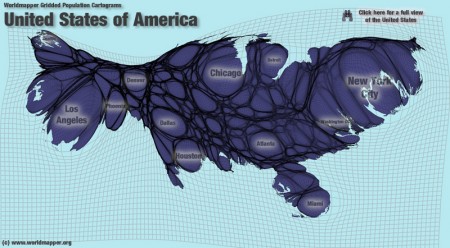Maria Montessori developed her method teaching through careful observation of children and how they learn, which is why her method had held up so well over time and aligns so well with modern pedagogy (see Lillard, 2005). Montessori’s worked early childhood through elementary kids, and while she did some serious thinking and writing about secondary education, she did not put those thoughts into action herself.
Over the last 20 years or so Betsy Coe has developed, at School of the Woods, an exceptional middle school (and now high school) program based on Montessori’s ideas and tied to close observation of early adolescents and our growing understanding of their cognitive and neurological development. Unlike Montessori’s boarding school model (e.g. Hershey Montessori), Dr. Coe’s is primarily a day school but with “land-labs” one week out of every six, where student get to go out and live on the land.
There’s a lot to say about Dr. Coe’s program (which will be well explained in her upcoming book) but you can glean some of her influence from this blog, because I trained with her over the last two summers at the Houston Montessori Center.
One of the key tenets that Coe shares with Montessori is that the primary job of the teacher is to observe the students, their interactions and their environment. You apply the scientific process to the classroom. Observe, hypothesize, test and make the necessary changes. As such, a key part of the training program is the research project.
For the research project teachers in training have to apply the process to some aspect of their class and write it up. My own project was on the utility of my classroom wiki, which I’ve said a bit about previously. My peers did quite a wide variety of excellent projects, and I’ve asked them to share their experiences with me for the blog. I’m one of those people who’d collect bits of string because they might be useful in the future (hence the blog), so I’m loathe to let their experiences and efforts just disappear since it is unlikely that much of this work will be published.
I plan to post summaries of the research projects so there is a record of who did what, and I apologize for any mistakes I make in condensing the work. My goal is to create at least one node for discussion so that we might add these small anecdotes to the collective gestalt as we attempt to not replicate the interesting errors of others but make brand-new errors of our own.
Since most of this work is not formal research I’ll use the tag anecdotal research to help keep track of things.





